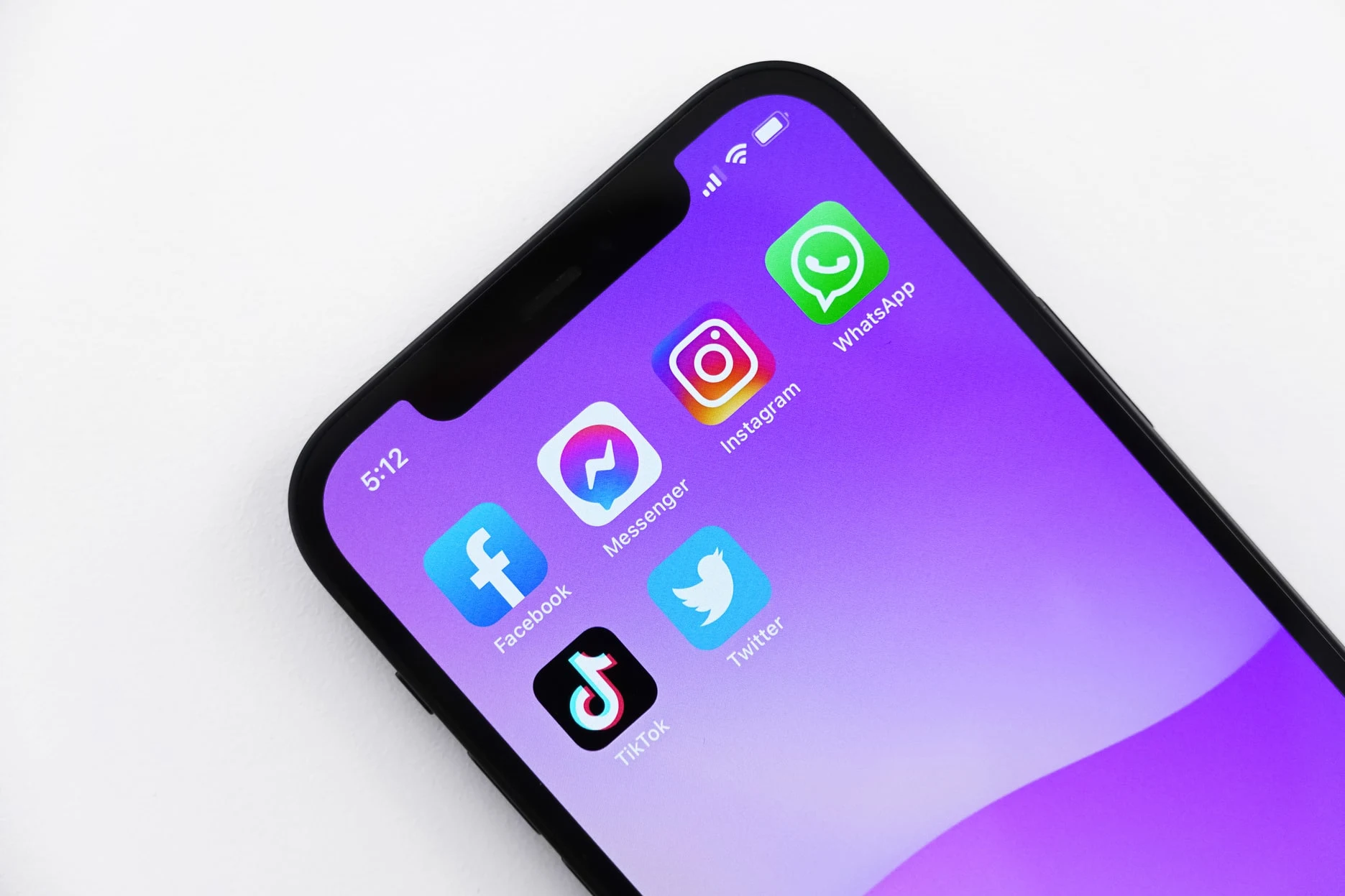Whenever the mental health impact of social media ends up being discussed, the lion’s share of the focus goes towards how it can effect teenagers and the like because of the fact that this is the sort of thing that could potentially end up harming future generations in increasingly worse ways. With all of that having been said and now out of the way, it is important to note that a new study has revealed the impact of social media usage on adults, and it turns out that people in their 30s are just as likely to suffer poor mental health because of it as teenagers are.
The study was published on JAMA Network Open, a medical journal, which was based on a survey of well over 5,000 adults. The average age of the people incorporated in the survey was 56 so suffice it to say that the findings reflect the feelings of a demographic that is a lot older than what is normally studied in this regard. Over the course of the year long survey, which went on from May of 2020 to May of this year, a lot of information was unveiled about the manner in which adults used social media during the pandemic with all things having been considered and taken into account.
People that said that they were not depressed a year ago this year ended up saying that they had started to suffer from depression. The fact that they were under lockdown and that social media was the only outlet that they had meant that their social media usage was most definitely higher than it might have otherwise been. That’s a strong indication that increased social media usage resulted in them suffering from a wide range of very serious mental health problems.
One thing that should be kept in mind here is that this is not definitive proof that social media causes depression in adults. After all, the adults that were involved in the survey were experiencing the kind of pandemic that humanity has not seen in well over a century, so chances are that that had a role to play as well. However, that doesn’t change the fact that many adults point to social media usage as the source of their depression. It has an undeniable impact on mental health, and TikTok and Instagram were particularly negative in this regard due to their visual and often vapid focus on sensationalized body types.
Read next: This infographic highlights five most important social media trends marketers should keep in mind in 2022
The study was published on JAMA Network Open, a medical journal, which was based on a survey of well over 5,000 adults. The average age of the people incorporated in the survey was 56 so suffice it to say that the findings reflect the feelings of a demographic that is a lot older than what is normally studied in this regard. Over the course of the year long survey, which went on from May of 2020 to May of this year, a lot of information was unveiled about the manner in which adults used social media during the pandemic with all things having been considered and taken into account.
People that said that they were not depressed a year ago this year ended up saying that they had started to suffer from depression. The fact that they were under lockdown and that social media was the only outlet that they had meant that their social media usage was most definitely higher than it might have otherwise been. That’s a strong indication that increased social media usage resulted in them suffering from a wide range of very serious mental health problems.
One thing that should be kept in mind here is that this is not definitive proof that social media causes depression in adults. After all, the adults that were involved in the survey were experiencing the kind of pandemic that humanity has not seen in well over a century, so chances are that that had a role to play as well. However, that doesn’t change the fact that many adults point to social media usage as the source of their depression. It has an undeniable impact on mental health, and TikTok and Instagram were particularly negative in this regard due to their visual and often vapid focus on sensationalized body types.
Read next: This infographic highlights five most important social media trends marketers should keep in mind in 2022

